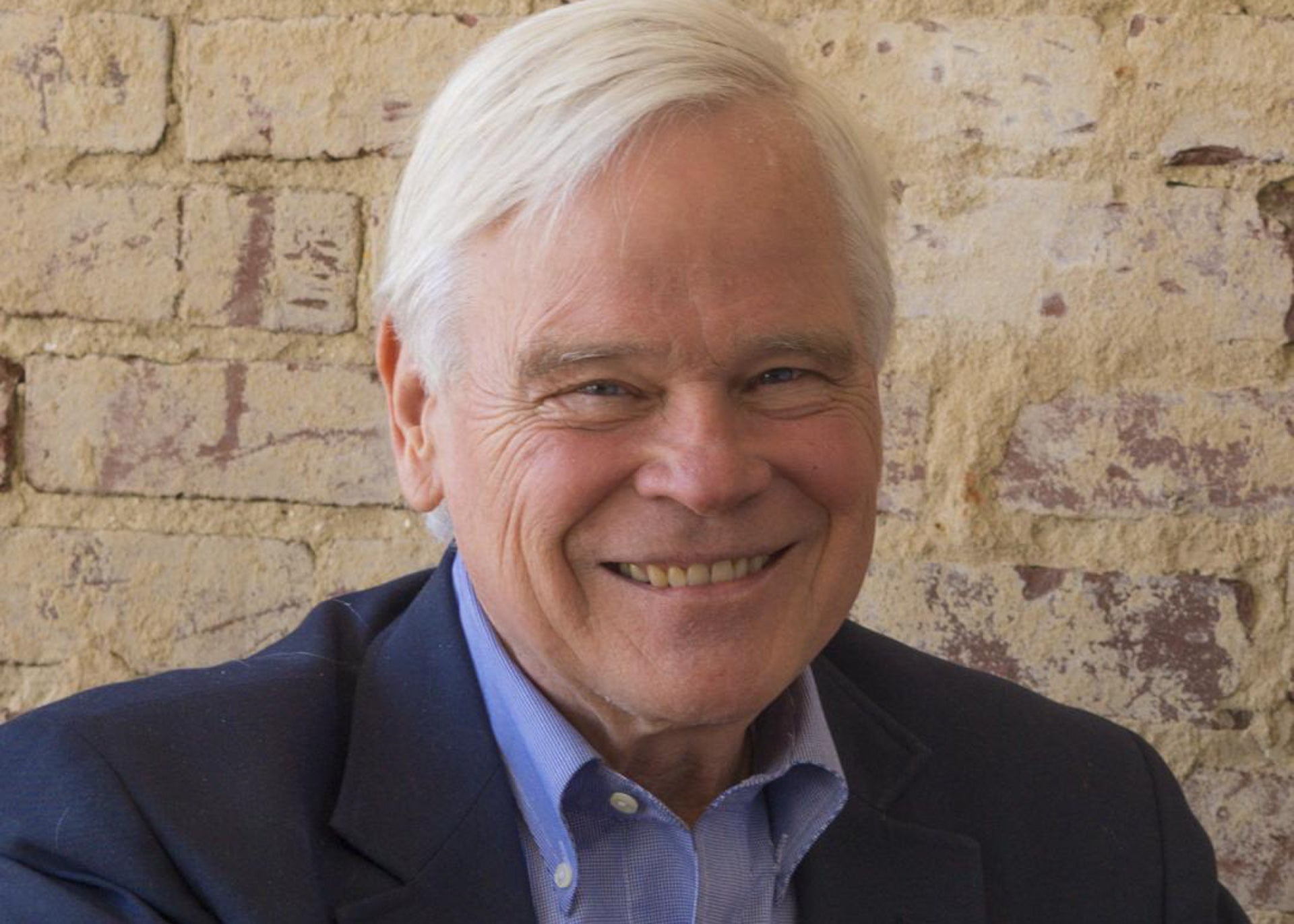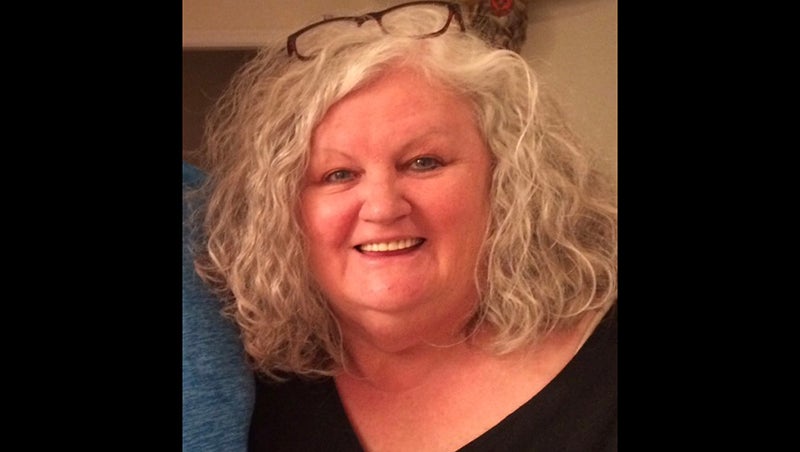One on One: ‘We didn’t leave our party. It left us.’
Published 10:40 am Monday, September 7, 2020

- D.G. Martin
|
Getting your Trinity Audio player ready...
|
By D.G. Martin
Back in 1984 when I was running for Congress, I ran into older people who explained why they could not support me, saying, “I didn’t leave the Democratic Party. It left me.”
Even in those days, the Democratic Party still had many conservatives who were loyal adherents. They had grown up in the times when the Democratic Party was more conservative than the other party. Some of those older Democrats were slow to give up their heritage and break away from the group in which they grew up.
But as the support in the Democratic Party for school desegregation, voting rights, Civil Rights, equal treatment in the workplace and expanding the role of government in providing public resources to meet the needs of poor and underserved communities were viewed with skepticism by once-loyal Democrats.
Republicans responded with a “southern strategy” that played to these concerns and, more and more, as time passed, former Democrats left their party. “I didn’t leave my party. It left me.”
Even after more than 35 years I remember that refrain.
Today, in the age of Trump, some North Carolina Republicans are, with regret, leaving their party, explaining, “I didn’t leave my party. It left me.”
In the August 24 edition of The New Yorker, Peter Slevin wrote about three Republican members of the Transylvania Board of Commissioners who have given up their party affiliation.
Forgive this personal aside. One of the happiest summers of my life was spent in that mountain county in 1958 when I was a counselor at Camp Carolina near Brevard. On overnight hikes, I told my campers ghost stories about Dracula. I had them believing that there was a connection between Dracula’s home in Europe’s Transylvania region and the Transylvania County where they were camping.
The three commissioners’ party change began when the commission’s chair, Mike Hawkins, heard about President Donald Trump’s speech at East Carolina University on July 17, 2019. The president attacked four Democratic congressional representatives and women of color, saying that they were “hate-filled extremists” and “You know, they don’t love our country.”
In response to the president’s attack on Representative Ilhan Omar, the crowd at ECU chanted, “Send her back!”
According to Slevin, at the next board meeting, Hawkins “called out the president saying that what happened was racist. It’s important that people identify hate for what it is — a poison to our state and to our country. And I wanted to say in a very public way that for whatever time I have remaining as an elected official, I will oppose this poison every way I can.”
After Hawkins, two other Republicans on the board, Page Ives Lemel and W. David Guice, offered words of support. Five months later, all three resigned from the Republican Party.
They could have been saying, “We didn’t leave our party. It left us.”
Guice had been a longtime active Republican and served two terms in the General Assembly.
Page Lemel owns and runs Camp Keystone near Brevard, as did her late father, Bill Ives, whom I knew when he served in the General Assembly in the 1990s. Bill Ives was conservative, public-spirited, open-minded and open-hearted, like his daughter.
Another prominent Republican in the mountains, former North Carolina State Supreme Court Justice Robert Orr, has broken with the president. He spent his life supporting the party and working for good causes until 2016 when he could not support Trump’s candidacy.
This year he is working hard against Trump, but refuses to leave his party. Obviously, he thinks he is more of a real Republican than the president.
Lemel says she has no intention of reversing her decision. That, Slevin writes, raises questions about the future of the G.O.P. History and logic suggest that the party must pivot toward the center to remain viable in the years ahead.”
Or others will be saying, “We didn’t leave our party. It left us.”
D.G. Martin hosts “North Carolina Bookwatch,” Sundays at 3:30 p.m. and Tuesdays at 5 p.m. on UNC-TV. The program also airs on the North Carolina Channel Tuesdays at 8 p.m. and other times. Sunday programming may be preempted during fundraising times.
FOR MORE COLUMNS AND LETTERS TO THE EDITOR, CHECK OUT OUR OPINION SECTION HERE.




